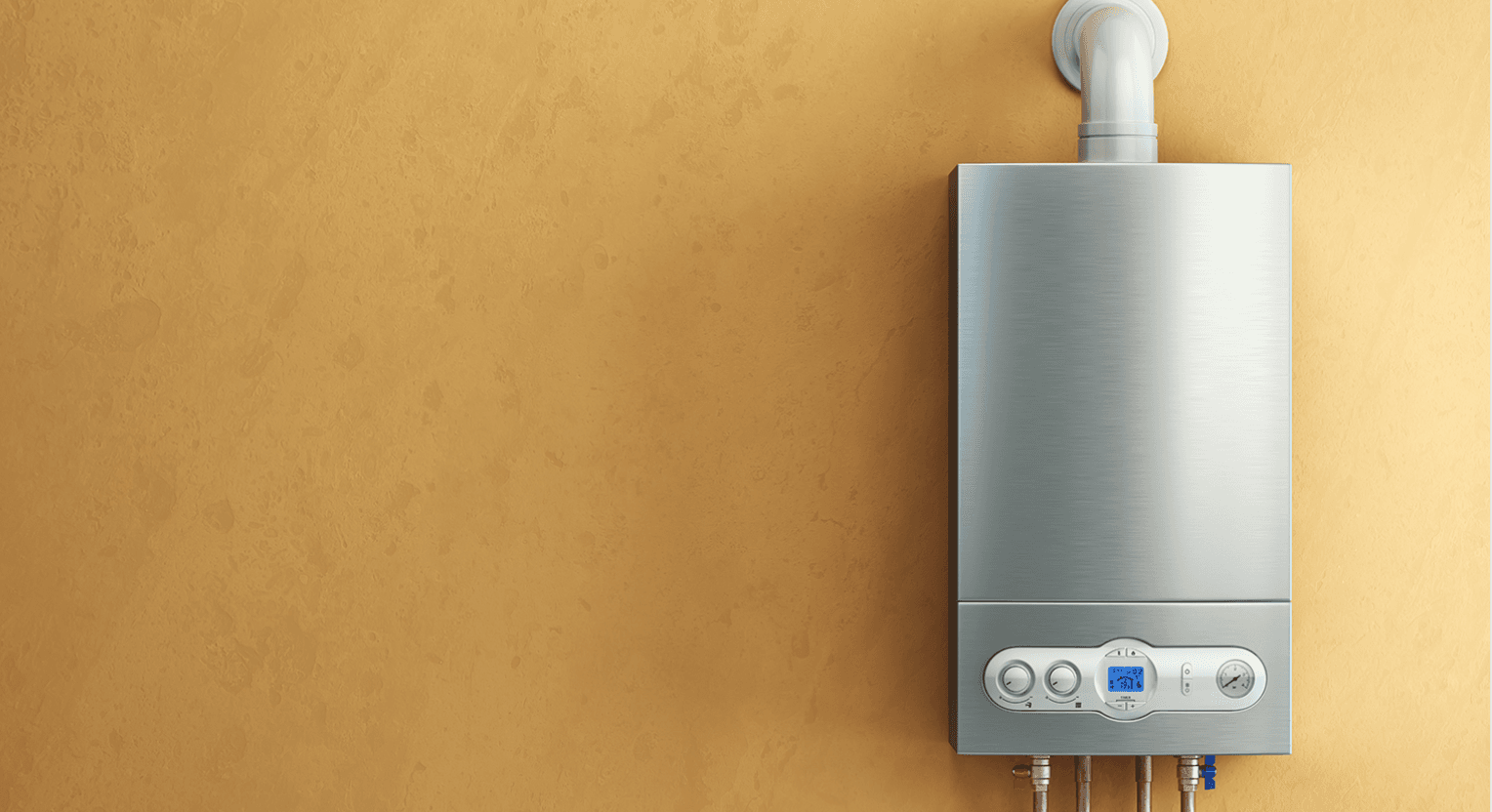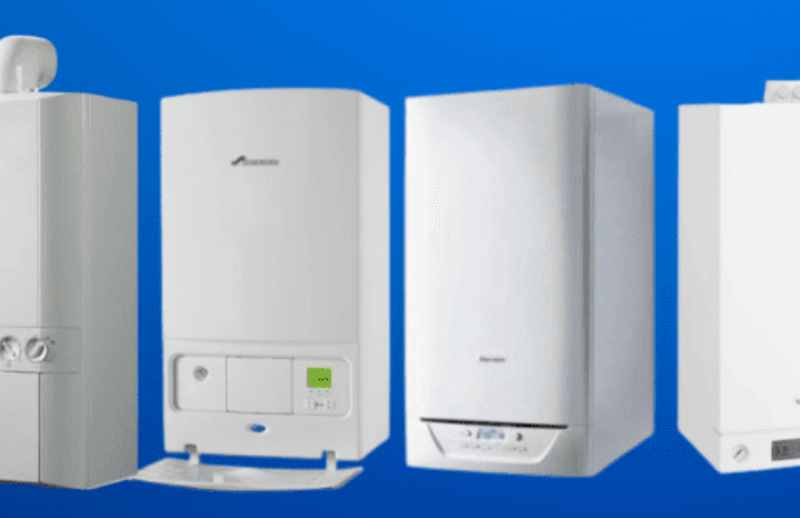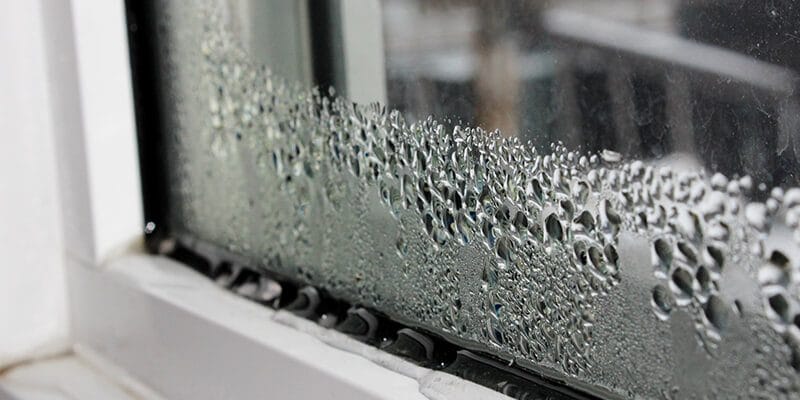The lifespan of a boiler typically ranges from 10 to 20 years, but can be extended to 30 years or more with proper care and maintenance. Factors like boiler type, usage, and maintenance practices can influence how long a boiler lasts.
A well-maintained gas boiler can easily last 10 years or more — even though the average lifespan in the U.S. is around 10 to 20 years. The key? Follow a few simple rules. No need to be a heating expert — just a bit of attention and regular care will do the job.
Here are 6 essential tips to keep your boiler running efficiently and safely for years.
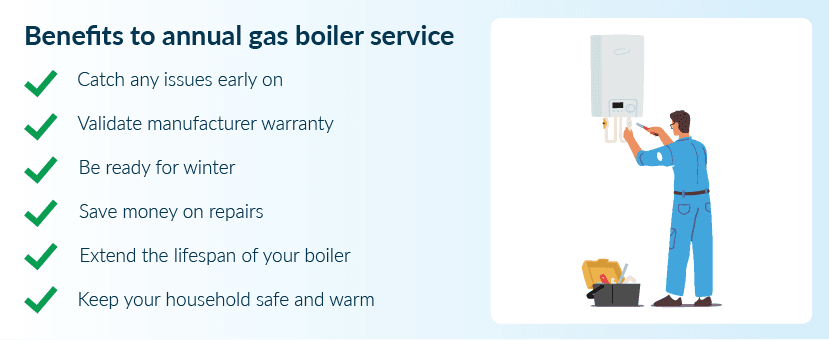
1. Protect the Boiler from Dust and Debris
Avoid doing home renovations (especially cutting, sanding, or drywall work) near your boiler. Construction dust can clog the heat exchanger or burner, leading to:
- Lower efficiency (higher gas bills)
- Risk of overheating or shutdown
🛠 Tip: If you must renovate nearby, shut off the boiler, cover it with plastic sheeting, and only restart it after a thorough cleanup and ventilation.
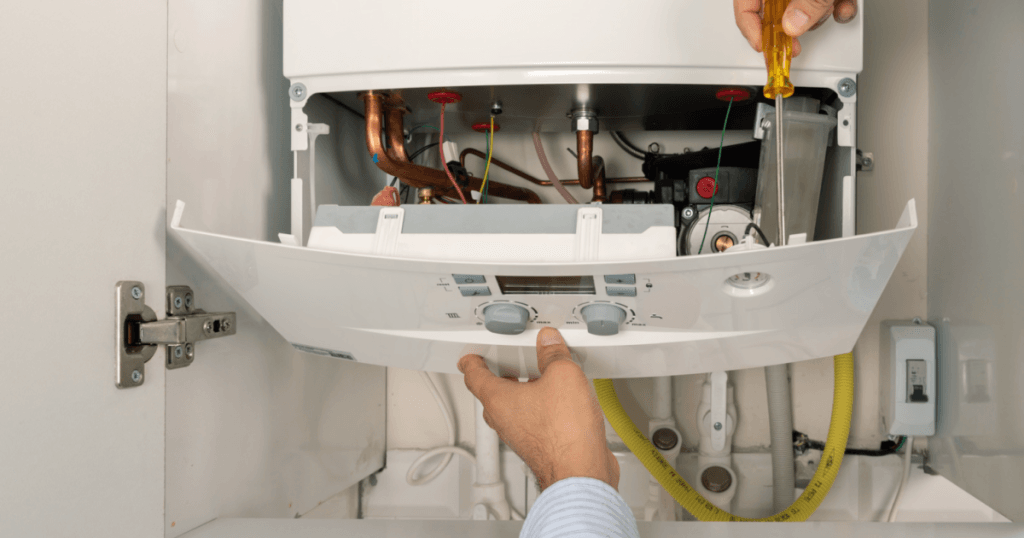
2. Use Clean Water in the System
The water circulating through your boiler must be clean — no rust, no sediment. Dirty water can:
- Damage the heat exchanger
- Cause internal corrosion
- Lead to early failure and high repair bills
💧 Solution: If your area has hard or rusty tap water, install a whole-house water filter or a system filter on the boiler loop. It helps prevent limescale and metal particles from clogging the system.
3. Make Sure You’re Using Clean, High-Quality Gas
Whether you’re using natural gas or propane (LP), fuel quality matters. Gas with impurities can:
- Burn inefficiently (incomplete combustion)
- Cause soot and carbon buildup
- Increase risk of malfunction or even fire
🔥 Buy propane only from reputable suppliers. Keep tank regulators and gas lines well-maintained and inspected annually, in line with NFPA 54 (National Fuel Gas Code).
4. Don’t Operate the Boiler at Low Gas or Water Pressure
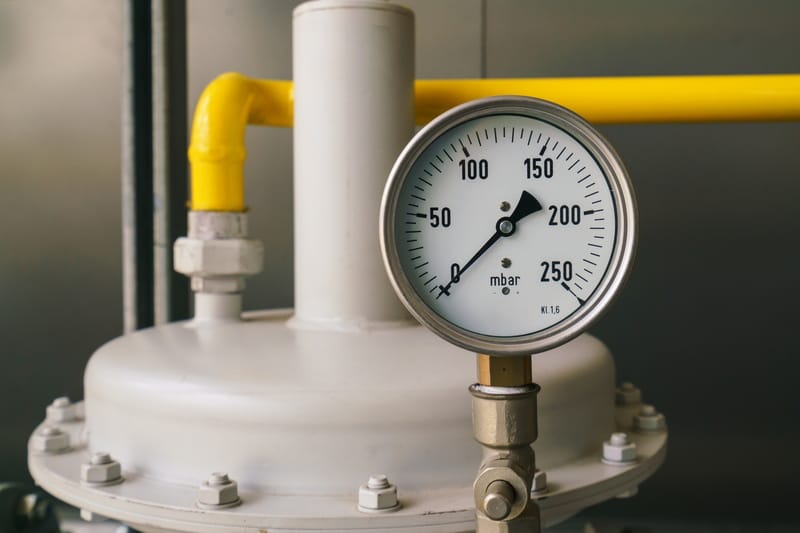
Running your boiler under low pressure puts the system at risk:
- Low gas pressure = weak or unstable flame, possible ignition failure
- Low water pressure = overheating, damage to pumps or heat exchanger
Most U.S. residential boilers work best at:
- Gas inlet pressure: ~7–10 inWC (natural gas), ~11–14 inWC (propane)
- Water pressure: 12–15 psi (static)
🛡 If your home often has low gas or water pressure, invest in a boiler rated for low-input conditions, or consider a pressure regulator or booster pump.
5. Avoid Using Automatic Refill (Auto-Feed) Systems
Many hydronic systems include auto-fill valves that top off water automatically. While convenient, this can shorten the boiler’s life:
- Constant fresh water brings in minerals, which form scale inside the heat exchanger
- You could miss small leaks, since the system keeps refilling without warning
👀 Better: Check the water pressure manually once a month. If you notice frequent drops, inspect for leaks rather than relying on automatic top-offs.
6. Pay Attention to Error Codes and Diagnostics
Modern boilers have built-in self-diagnostic features. When something goes wrong, a code appears on the display — don’t ignore it!
- These codes help identify problems before they cause serious damage
- In many cases, you can consult the user manual and fix minor issues yourself
⚠️ If you’re unsure about a fault code, call a licensed HVAC technician. Don’t attempt to reset or bypass errors without understanding the cause.
Smart thermostats
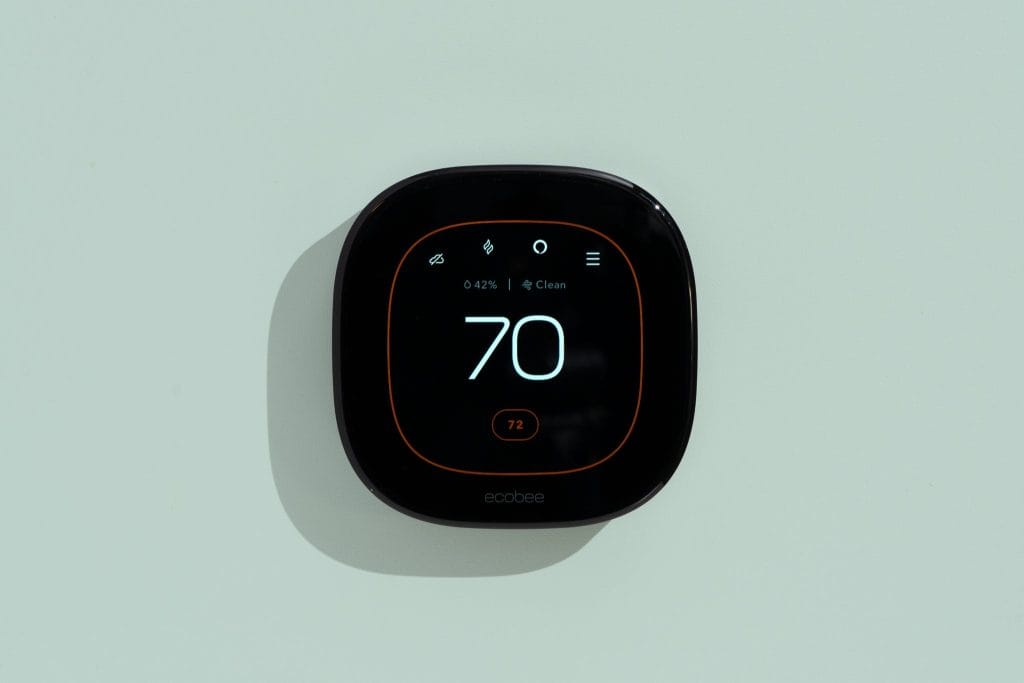
What can they do and are they worth it? Smart thermostats are a nifty way to control your heating on the go from your phone, tablet or other device. They’re touted as a great way to save cash, but they’re not cheap – so whether one will save you money depends on how you use it and what type of home you have.
🧰 Final Thoughts
Keeping your gas boiler in good condition isn’t hard — it just requires awareness and a few good habits:
- Keep it clean
- Use filters
- Monitor pressures
- Don’t ignore the signs
With this approach, your boiler can last well over a decade, save you money on gas, and provide consistent comfort throughout winter.
